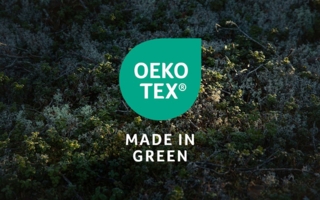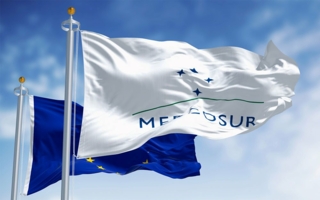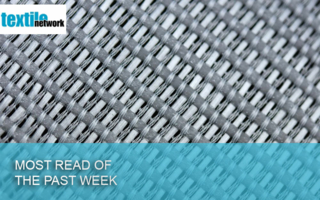25/05/2023 – Advertorial
Meet public demand with OEKO-TEX®
Nowadays, consumers expect textiles and leather that are not only harmless to health and of high quality but are also produced in a socially and environmentally responsible way. OEKO-TEX® supports the industry in managing increasing requirements by standardized solutions based on scientific principles.
While millions of consumers around the world use the OEKO-TEX® labels as a guide for responsible purchasing decisions, 21,000 companies are working with OEKO-TEX® and trust certifications such as OEKO-TEX® STeP and OEKO-TEX® ECO PASSPORT to optimize their manufacturing processes transparently and sustainably.
OEKO-TEX® STeP is a modular certification system for production facilities in the textile and leather industry to implement environmentally friendly production processes, to improve health and safety and to promote socially responsible working conditions on site. Since 2022 carbon and water footprint calculations are integrated into the STeP certification to enable facilities identifying the largest carbon and water impacts by materials & production processes.
With OEKO-TEX® ECO PASSPORT, an independent certification system for chemicals, colourants and auxiliaries used in the textile and leather industry, brands and manufacturers demonstrate their sustainability approach to their customers and encourage trust in their products. Since 2023 OEKO-TEX® has issued a general ban on the use of PFAS/PFCs for ECO PASSPORT certifications as well as for STANDARD 100 and LEATHER STANDARD.




